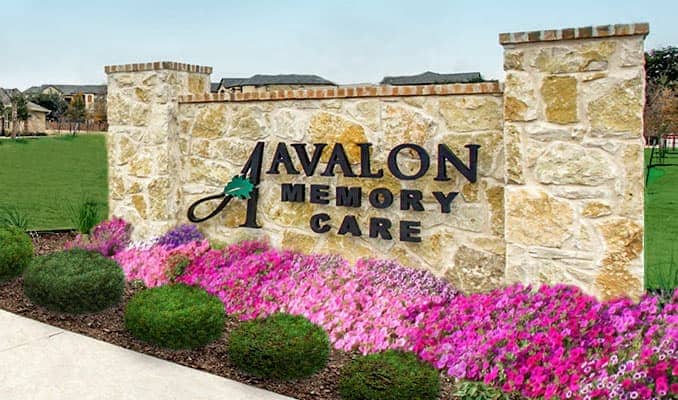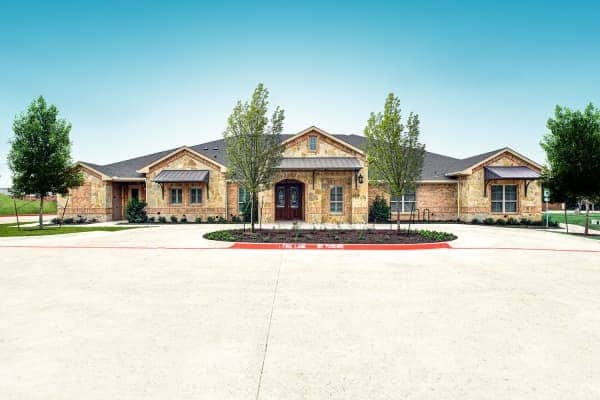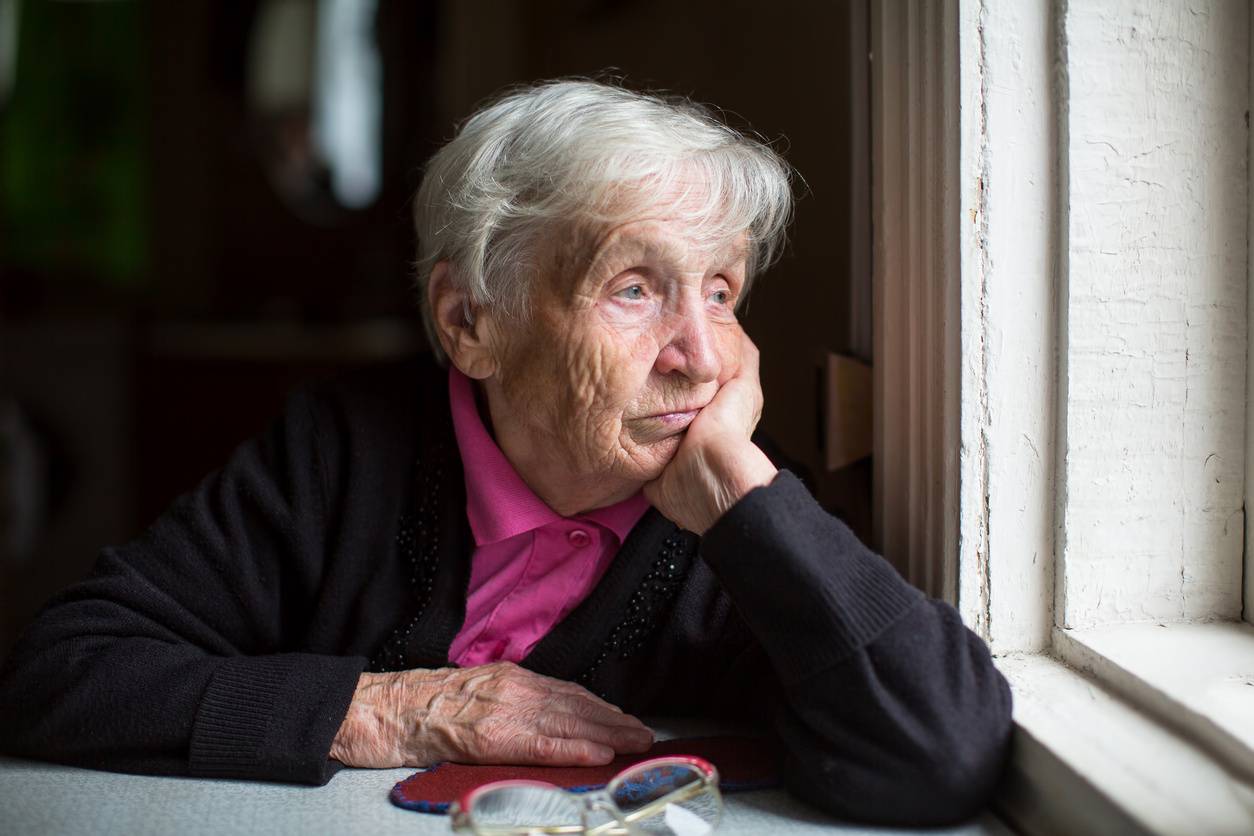
7 Tips to Prepare for a Move to a Senior Living Community
You’ve seen the signs–your mom doesn’t know how to dial 9-1-1 in an emergency, your father calls you over and over to ask you the same question, or both forget to do their dishes or eat nutritious meals. These could be signs of memory loss or a major sign of anxiety, or a combination of both, and also, are very good reasons that you may start to consider moving your loved one. It’s a difficult decision to make, but once you know it’s time for your loved one to move into a senior living community, it can be even more difficult knowing what to do next.
How to Help a Loved One Move to a Senior Community
If you think your loved one may need to move into a senior living community, it’s important to take the following steps to get them into a place that is best suited for their needs.
1. Gather legal documents
It’s recommended that you gather all of your documents ahead of time. This way you’ll be ready to go once you’ve chosen the best place for your loved one and are working on getting moved in. Once you get deep into the process of looking for the best community for your loved one, you’ll be happy the documents are there.
Beyond filling out a document with your loved one’s personal information, you’ll need copies of the following:
- Insurance Cards
- Medicare Cards
- ID Card
- Power of Attorney
- Medical Power of Attorney
- Guardianship Documentation
- Advanced Directives
- DNR
2. Call Primary Care Physician
Contacting your loved one’s PCP is the second thing you should do. Ask them for two things: History and Physical records and a medication list. The facility is going to want to take a look at these things in order to assure that they can provide the care that’s needed for your loved one. Your loved one’s medical records are vital for when a senior living community does their assessment. The assessment is a vital step in ensuring that the place you choose is the best fit for your loved one.
3. Determine How Much Senior Living Will Cost
Cost is extremely important for long term healthcare decisions. Determine what your loved one or your family can afford on a monthly basis and look for communities that fit within that budget. According to the 2021 National Center for Assisted Living Report, the median cost of living was $4,300 per month, with community prices ranging from $2,000 to $7,000. To see what the average cost is in your area, use this senior living index calculator.
To help with your loved one’s monthly expenses, consider long-term insurance or aid for senior care:
- VA Benefits
- Social Security
- Selling a home or renting it out to offset costs
4. Tour a Senior Living Community
When you are trying to choose the right memory care community, nothing beats a physical or virtual tour. Brochures and websites can use doctored photos and make promises. Going to a place in real life will make it obvious if those promises are being delivered. When you speak with someone from a community, it’s important to ask the right questions to help you narrow down your choice. Make sure to ask about the level of care provided, how close the community is to healthcare facilities, what are the living arrangements (would your loved one get their own room, or would they have to share?), and what is everyday life like there? For example, what kind of activities do they have? Depending on your loved one’s situation, you may want to see if the community has a concierge to help arrange activities and doctor’s appointments, as well as what kind of nutritious food the community has to offer.
5. Get Reference from Many Resources
Once you’ve narrowed down your decision to three or fewer places, ask for references from residents and their families. Read the community’s reviews. Do a background check on the community using the licensing agency in your state that’s in charge of monitoring health facilities. Reach out to our local government officials, like the long-term care ombudsman, whose job it is to work to resolve issues relating to health, safety, and senior living rights.
6. Prepare for the Move
Once you’ve chosen a community to move your loved one into, it’s time to prepare for the move. Coordinate with your community for a move-in date and time. Check out the room your loved one will be in and plan out what they would like to move in with them. Now may be the time to consider downsizing your loved one’s possessions–possibly divvying up items amongst family members for safe keeping, donating items to charity, or selling items. For ease in an already stressful situation, hire a moving company for the big day. These companies can help you pack, load, move, and unload your loved one’s things. Some may even store your loved one’s items while you sort out a move-in date. Check with the community as they will have reputable resources you can consider for organizing, downsizing, moving and donations.
Are you looking for a quality care senior living community for your loved one?
Contact Avalon Memory Care. At Avalon Memory Care all of our focus and attention is on you and your loved one. Since 1995, our family has been dedicated to providing individualized, flexible and compassionate care for those with Alzheimer’s, dementia and other cognitive impairments, and their families. Avalon Memory Care has pioneered a unique model of care that is tailored to the individual special needs of those affected with Alzheimer’s disease, dementia and cognitive impairments in a safe and secure environment. Our comprehensive philosophy of care means that we attend to the physical, emotional, social and spiritual needs of each resident to ensure they achieve their full quality of life potential with individualized daily routines. Avalon Memory Care proudly serves those in the Dallas/Fort Worth area, Austin, San Antonio, and St. Louis areas, with more locations coming soon!
See More Articles
-
Visiting Your Aging Parent With Memory Loss at Avalon Memory Care
As a loving son or daughter, you naturally want the best of care for your senior parent. The compassionate assisted living caregivers at Avalon Memory Care want you to know that while your parent is living with us, he or she will receive nothing less than respectful, loving care within our comfortable, safe, and fully-staffed
-
Celebrating New Year’s Day in Memory Care
Families often find that celebrations with their loved ones in memory care are easier when they embrace new traditions. For instance, it may not be practical to expect your loved one to stay up until midnight on New Year’s Eve. Instead, consider throwing a New Year’s Day celebration, complete with a countdown to the first
-
Understanding Parkinson’s Disease and Dementia
Parkinson’s disease is an incurable neurological disorder, with progressively worsening complications. Perhaps the most well-known symptom of Parkinson’s is a hand tremor, but it can also cause speech changes, muscle rigidity, and impaired posture. Eventually, as the disease progresses, more than half of all individuals with Parkinson’s will require dementia care. This particular type of
Testimonials
Downloadable Resources
We Are Avalon
Discover the heart of our community; download ‘We Are Avalon’ to get to know our dedicated team and our commitment to providing a warm, family-like environment.
Transitional Care Guide
If you’re considering a transition, we’re here to help; download our Transitional Care Guide for compassionate guidance through each step of the process.
Schedule a Tour
Visit one of our 30+ campuses and experience our unique approach to memory care.












